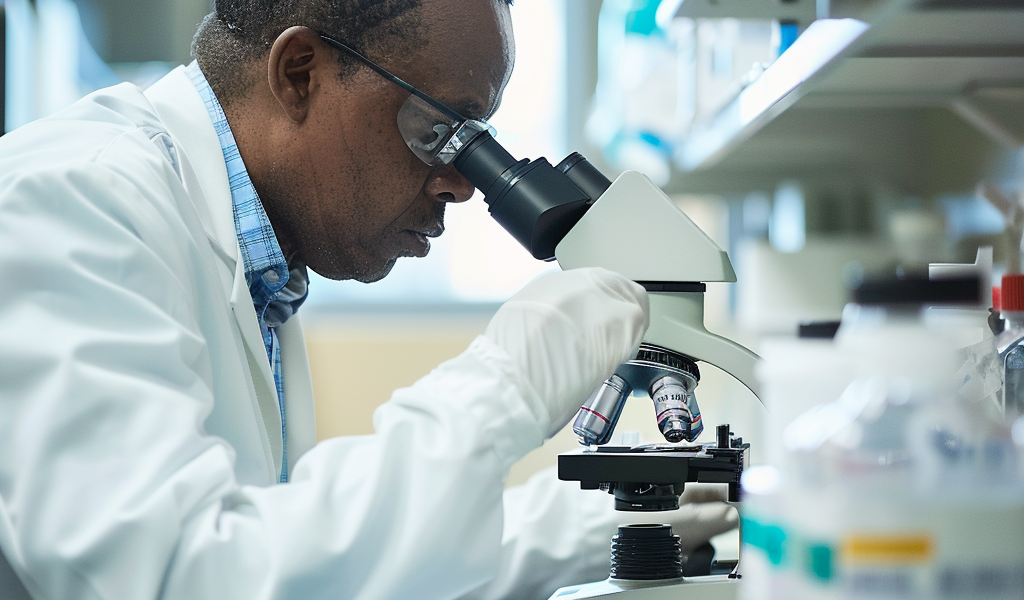Recent research from Monash University has unveiled promising advancements in the realm of regenerative medicine, specifically regarding a new type of cell-based therapy aimed at enhancing tissue healing. Led by Associate Professor Mikaël Martino from the Australian Regenerative Medical Research Institute, the study highlights the potential of Regulatory T cells found in blood to significantly expedite the healing process.
The findings, published in the esteemed journal Nature Communications, indicate that these specialized cells can quickly adapt to the type of injury they are introduced to, whether it be bone, muscle, or skin damage. Once deployed to the site of injury, Regulatory T cells not only target the specific tissue needing repair but also play a crucial role in regulating other healing cells, effectively directing a flood of beneficial factors to the affected area.
In their experimental studies conducted on animal models, researchers observed that these cells substantially improved cardiac repair following heart attacks and facilitated bone remodeling in conditions such as osteogenesis imperfecta, commonly known as brittle bone disease. Martino emphasized the significance of these findings, stating, “Cells can be cultured and kept on the shelf prior to administration, which means they could be banked or even become ‘off-the-shelf’ products that can be injected into injury sites.” This innovative approach could revolutionize how tissue injuries are treated, making therapies more accessible and efficient.
The research team believes that the optimal therapeutic strategy for enhancing healing involves augmenting the number of Regulatory T cells at the injury site as soon as possible after tissue damage occurs. Furthermore, the healing process can be further amplified by the addition of factors secreted by these cells into the injured tissue, creating a synergistic effect that promotes recovery.
This breakthrough in cell-based therapy not only opens new avenues for treatment but also emphasizes the importance of timely intervention in the healing process. As the medical community continues to explore the potential of these findings, the implications for future therapies in regenerative medicine are vast.
The study’s insights into the functionality of Regulatory T cells could lead to the development of new clinical applications, offering hope for patients with various types of tissue injuries. The prospect of having readily available, off-the-shelf cell therapies could transform the landscape of regenerative medicine, making healing more efficient and effective.
As this research progresses, it will be interesting to see how these findings are translated into practical applications and what further innovations emerge in the field of tissue regeneration.
For those interested in the intersection of biotechnology and manufacturing, this research highlights the growing potential of cellular therapies and their implications for the future of medical treatments.





